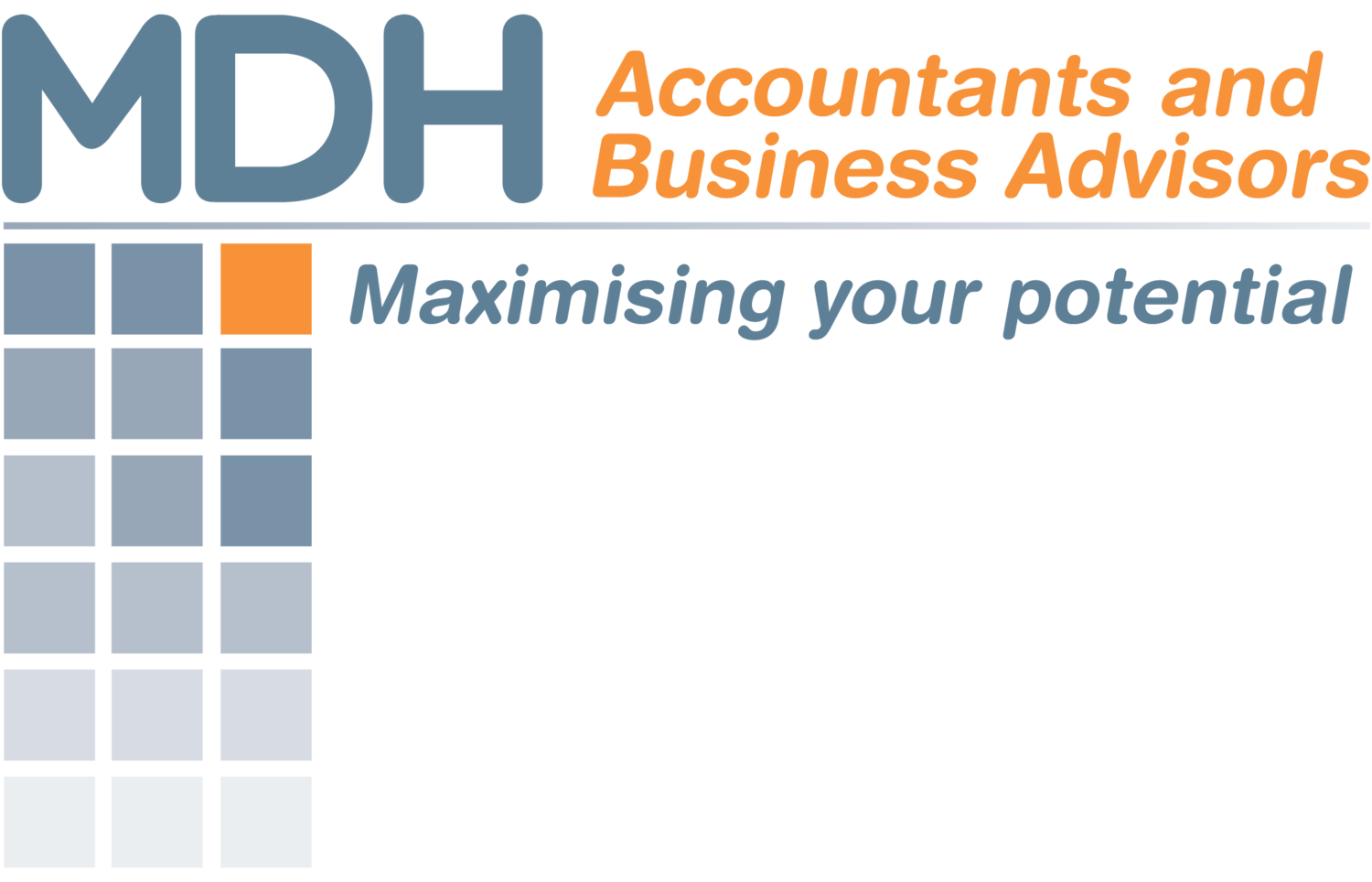Preparing your small business for EOFY
Every year the Australian Tax Office releases different rules and regulations around eligible business expenses for tax deductions. So, how can you prepare your business records and maximise your tax benefits in the lead up to tax time?
Take note of these 5 key components of the ATO’s Small Business Tax Toolkit when preparing for EOFY.
1. Your company’s money and assets
Your company is a separate legal entity than you as a director or shareholder, and thus all money movement needs to be appropriately recorded and reported. Correct record-keeping of your company’s money and assets includes salaries, wages, director fees, fringe-benefits and more.
Loan repayments and dividends paid out by the company to its directors or shareholders also can have tax implications. It’s best to seek the advice of your MDH accountant in relation to your specific circumstances.
More information via the Small Business Tax Toolkit.
2. Motor vehicle expenses
Calculation of motor vehicle expenses depends on the structure of your business. As a sole trader or partnership you can claim vehicle travel expenses if this is part of your work (i.e driving to get mail during the day) for 72c/km up to 5000kms per annum. Home-to-work travel does not count for this deduction. The 72c/km includes all related vehicle costs such as fuel, servicing, repairs and registration, as well as recognising wear and tear on your vehicle.
Companies and trust’s motor vehicle expenses are calculated differently, it’s best to speak to your accountant bout these specifics.
More information via the Small Business Tax Toolkit.
3. Home-based business expenses
The ATO in light of the impact of COVID-19 has provided a detailed breakdown of home-based businesses eligibility for tax deductions.
As a sole trader you can claim business running expenses from home under the flat rate method which allows you to claim 80c per hour every hour you work from home up until June 30th 2022 which is a nice simple method if you are doing your own tax return.
The alternative method is to calculate all relevant home expenses (requires good record-keeping) which may get you a higher tax refund. This method includes claiming 52c per hour of work plus work related use of phone, internet, printing and stationery and decline in value of office equipment other than furniture and furnishings. It’s helpful to get your accountant to assist you with this one!
As a company or trust, the guidelines are more dynamic and it’s best to seek personalised advice from MDH’s accountants.
4. Travel expenses
As the owner of a small business, you can claim a deduction for expenses that you incur when you travel for your business. Common expenses include transport, car hire fees, accomodation and meals when you are away from home for work.
It’s important to track personal and business related travel expenses appropriately by filing receipts and tax invoices.
5. Temporary or permanent closure of your business
Unfortunately, many businesses have had to close permanently or temporarily due to COVID impacts over the last 12 months. There are different things you need to know and do depending on whether you are pausing or permanently closing your business. This includes registrations (ABN and GST), tax and super obligations, disposing of capital assets, Single Touch Payroll (STP) and record keeping.
More information via the ATO’s Small Business Tax Toolkit.
Contact our team today if you need assistance maximising your tax benefits as a small business owner - we’d love to help out!
